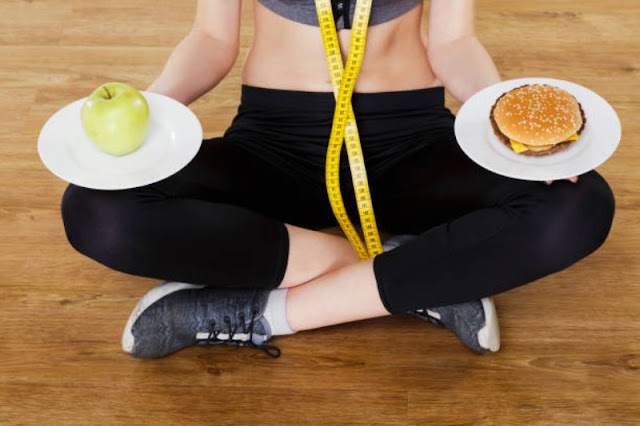Featured
- Get link
- X
- Other Apps
Hot workout tips
1. Hydration and rehydration
It sounds pretty obvious, but when exercising in hot
weather, it's critical to stay hydrated. The water you drink transpires, making
dehydration even easier.
Research shows that keeping a body hydrous is very
important. Not only should you drinks plenty of water before, during, and after
exercise, but it's also beneficial to eat foods that help restore electrolyte
balance.
Before and after an intense workout, eat or drink natural
moisturizing foods that contain electrolytes, such as coconut water,
watermelon, cucumbers, celery, citrus fruits and carrots.
After exercising, remember to replenish lost water and
sodium by drinking two or three extra glasses of water and consuming
sodium-containing foods such as pickles, sauerkraut, and adding a pinch of sea
salt to meals.

2. Plan smartly
If you plan on exercising outdoors, choose a cooler time of
day when the sun is out of your way during warmer weather. Morning and late
afternoon/early evening are great times to exercise, but avoid direct sunlight.
3. Take a shower before exercising.
Research shows that changing your body temperature before
exercise can affect your performance during exercise and can be an effective strategy
for athletes who compete in stressful environments. Taking a cold shower or a
quick swim before exercising on hot days is a good way to lower your body
temperature.
4. Wear light clothing.
Avoid wearing dark clothing when exercising in hot weather.
Choose white or even brightly colored clothes that reflect the sun.
You'll also look cooler in light clothing and clothing that
absorbs sweat, which wicks away sweat and helps keep you dry. You may find that
loose-fitting shirts also help keep you cool.
5. Bring an ice pack.
If you overheat, place an ice pack on the back of your head
to cool down. You can also use a cool cloth to remove heat.
6. Listen to your body
When exercising in hot climates, it's important to know your
limits. If you feel a little dizzy or nauseated, it's time to rest and drink
some of water.
Excessive perspiration can lead to heat exhaustion and be
dangerous, so watch your water intake and energy levels during exercise.
7. Be concise
If you're not used to training for a long time in the heat,
keep your routine short, starting at about 20-30 minutes. Let your body get
used to physical activity in the heat, whether outdoors or during hot
activities such as hot yoga.
bloggerelle entertainmentweeklyupdates countrylivingblog theallureblog technoratiblog
- Get link
- X
- Other Apps
Popular Posts
Adapting Your Diet to Different Fitness Goals
- Get link
- X
- Other Apps

